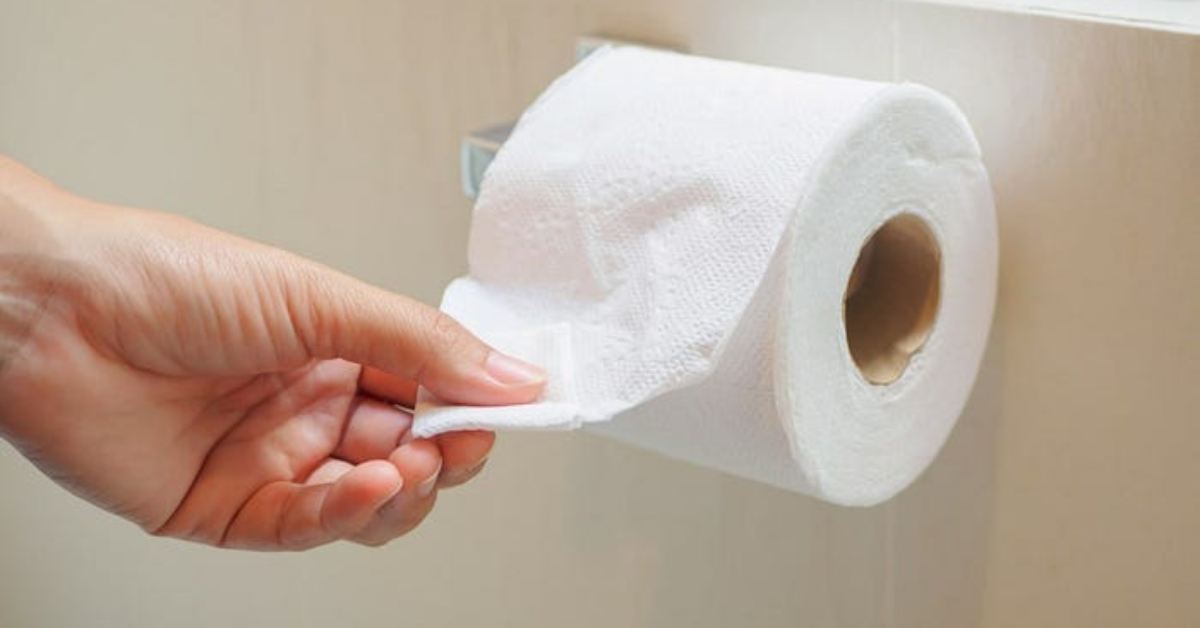Cleanliness matters to everyone, no matter where they come from or what they believe. It’s part of daily life, shaping small rituals from brushing teeth to washing hands. The way people handle their own bathroom hygiene varies, but at its heart, the goal is always the same: feeling fresh and staying healthy. Today, let’s focus on how Muslims approach bathroom habits, and whether toilet paper plays a role.
Toilet Paper in Everyday Muslim Life
In many Muslim-majority countries, toilet paper is found in stores just like anywhere else. People use it in public bathrooms and at home. However, the story doesn’t end there. Across South Asia, the Middle East, and parts of Africa, water is the main tool for cleaning after using the bathroom.
In some Western countries, immigrants and Muslim communities adapt by blending local and traditional habits. Sometimes you’ll visit a home and see toilet paper right next to a small water jug, or even a bidet. It comes down to personal choice, availability, and comfort.
Islamic Guidelines for Bathroom Hygiene
Cleanliness holds a special place in Islam. The Prophet Muhammad taught that “cleanliness is half of faith.” Muslims are encouraged to keep their bodies and surroundings clean, not just during prayer times, but throughout daily life.
When it comes to using the bathroom, Islamic teachings go a step further. Washing away impurity is not just tradition, it’s a spiritual act. For Muslims, thorough cleaning isn’t optional or just about comfort. It’s about feeling physically and spiritually pure.
The Practice of Istinja
Muslims practice istinja, which means cleaning oneself with water after using the toilet. This might sound unfamiliar to some, but for millions, it’s second nature. People use small water jugs (sometimes called lota or bodna), sprayers, or even built-in bidets.
Istinja isn’t about going above and beyond. It’s seen as the minimum requirement for cleanliness. Many say it’s like hitting the refresh button at the end of every bathroom trip.
Toilet Paper Versus Water: What Do Muslims Choose?
Most Muslims prefer water because it feels cleaner and fits religious teachings. Toilet paper alone usually doesn’t meet the Islamic requirement for thorough cleaning. That said, Muslims in places where water access is limited use whatever is available.
In some cases, they’ll:
- Use both water and toilet paper, drying off after washing.
- Use only water if that’s what they have.
- Use toilet paper first, then wash.
It’s about getting as clean as possible with the tools at hand.
Hygiene Tools and Cultural Adaptation
Traveling or living in countries where bidets or water sprayers are rare, Muslims get creative. Portable bidets, water bottles, and travel-friendly cups become essentials in bags and purses.
Some homes add a handheld bidet sprayer to the toilet. Others keep a pitcher nearby. Even folded wet wipes can help when nothing else is possible.
Muslims adapt quickly, always prioritizing cleanliness. It’s a blend of faith meeting daily life, wherever in the world they live.
Misconceptions and Respectful Understanding
Myths about Muslim bathroom habits often pop up. Some think Muslims don’t use toilet paper at all, or that water-only cleaning is unhygienic. Neither is true.
Here are the facts:
- Many Muslims use toilet paper along with water.
- The focus is on getting clean, not which tool is used.
- Respect for local customs doesn’t erase someone’s religious needs.
Talking about bathroom habits might feel awkward, but honest questions help break down stereotypes. Learning about others’ practices can lead to greater respect and less confusion.
Conclusion
Muslims use toilet paper, water, or both, depending on what’s available. For most, water is essential for feeling truly clean, as guided by religious teachings. As people move, travel, or live in different parts of the world, they find new ways to adapt while holding on to their core values.
Understanding and respecting these habits helps everyone get along a little better. Cleanliness is a thread that connects us, even if the tools we use are different.



